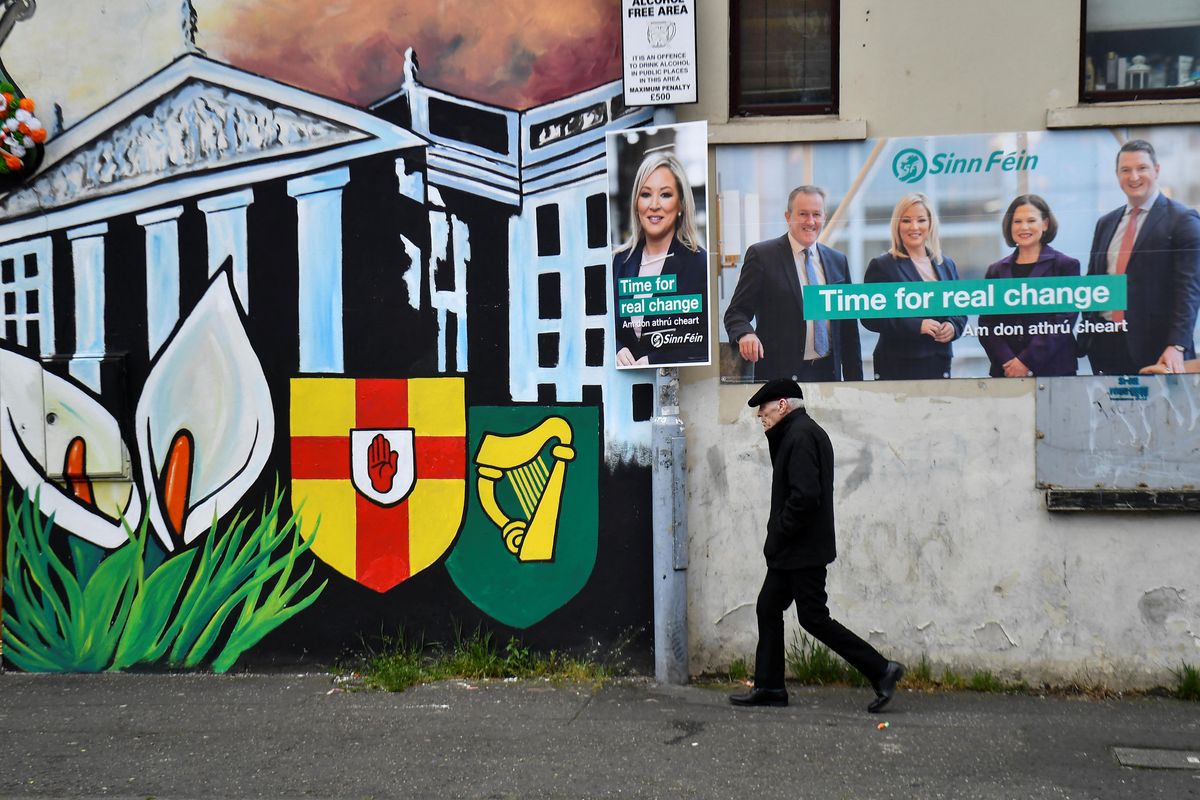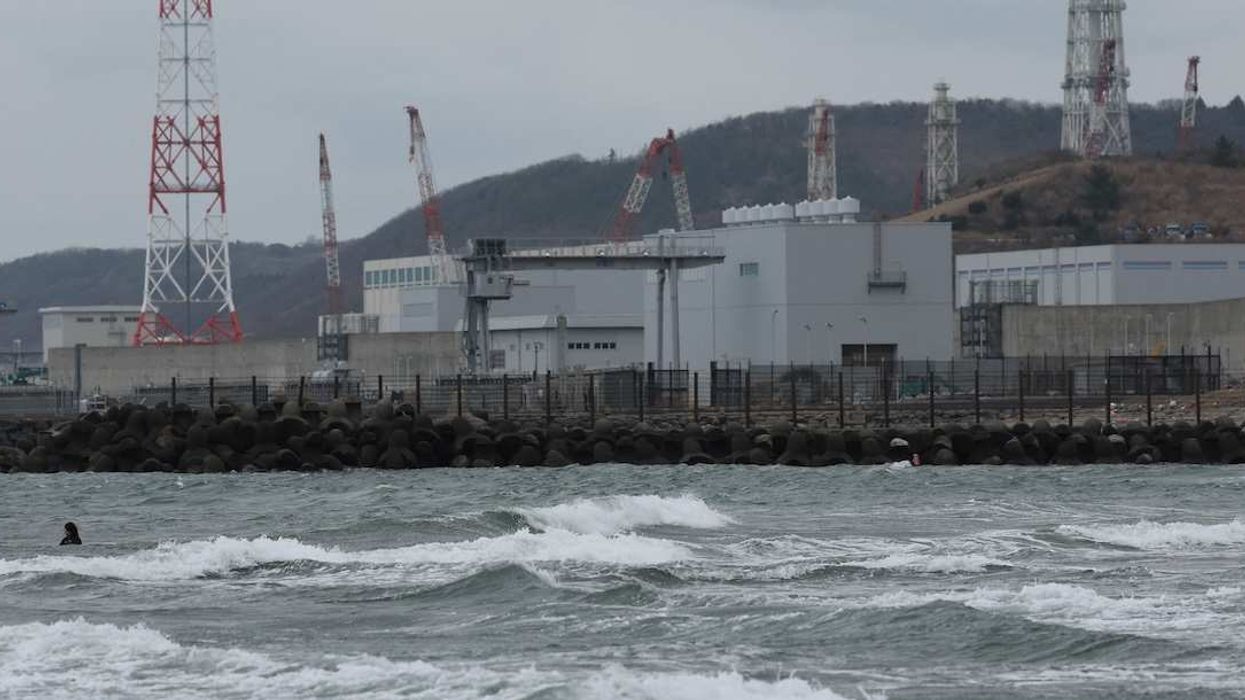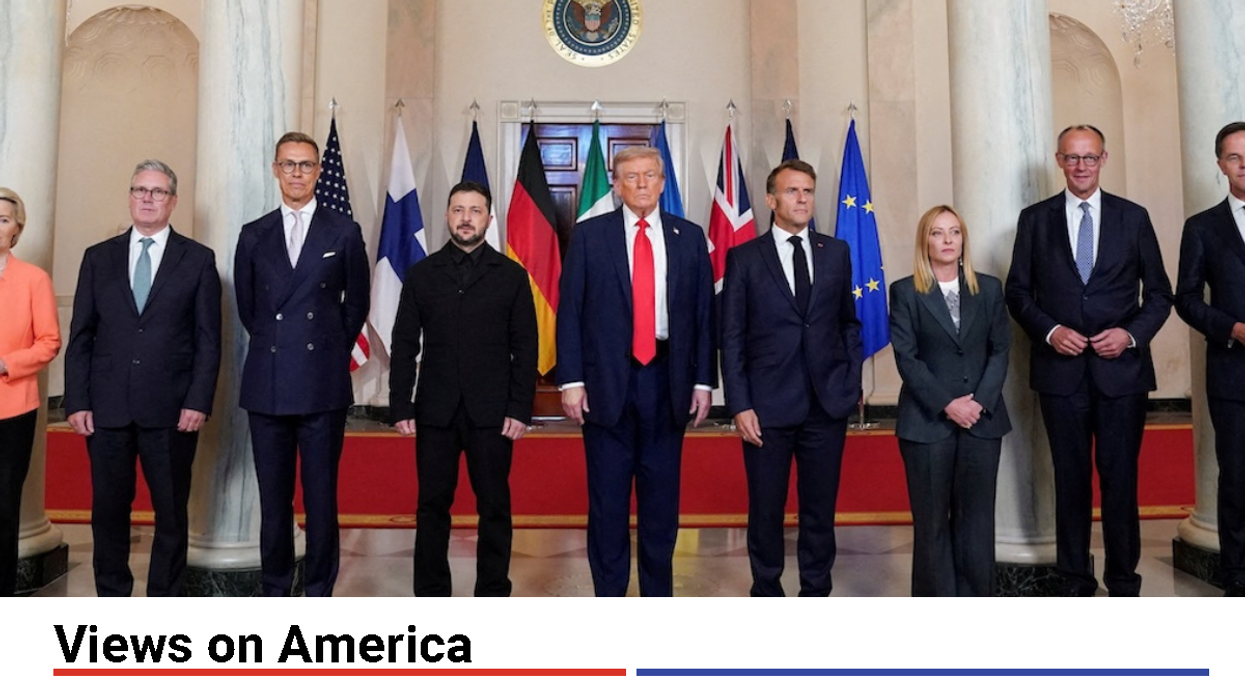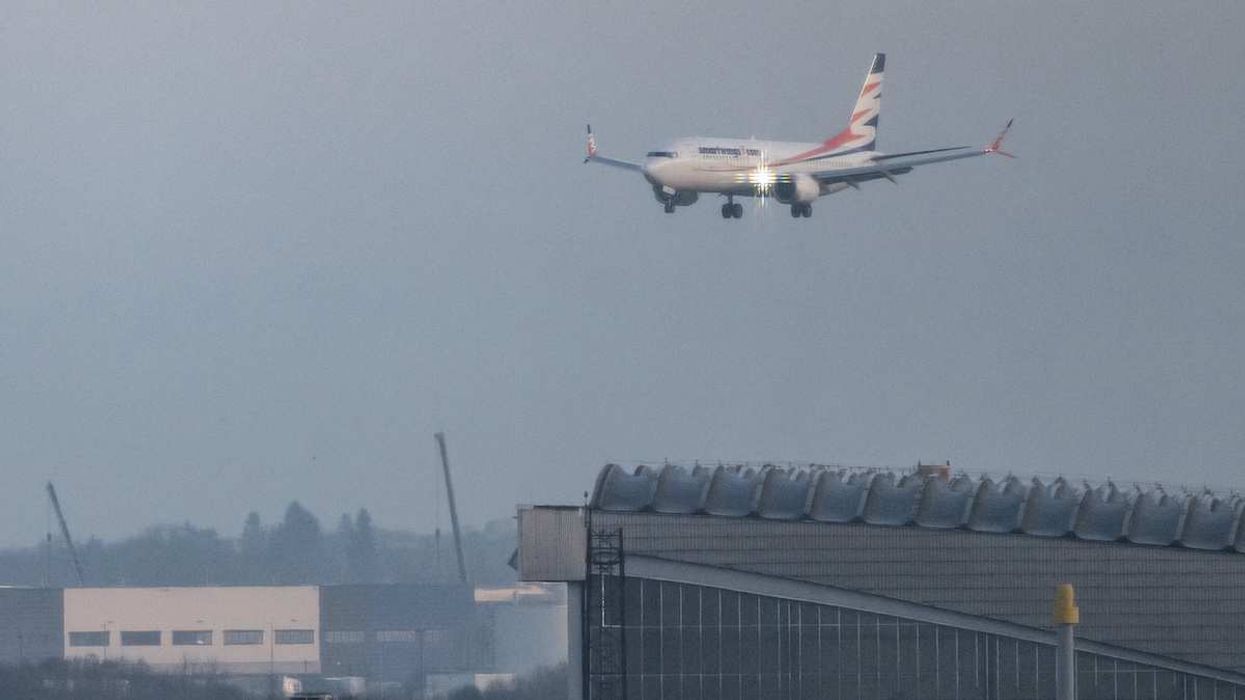Northern Ireland’s choice
On Thursday, voters across the UK head to the polls for local elections, but it’s the contest in Northern Ireland that might make history. Sinn Féin is expected to finish with the most seats in Northern Ireland’s assembly. Its victory would be more symbolic than immediately substantive, since power in the assembly must be shared between the two lead parties, and Sinn Féin has focused its campaign on today’s economic hardship, not on a century of Irish partition. But the symbolism matters. A Sinn Féin win would mark the first time in Northern Ireland’s 101-year history that the UK province is led by a party that supports reunification with the Republic of Ireland, an EU member state. It would make Sinn Féin the most popular party on both sides of the Irish border. And it would prove deeply embarrassing for UK PM Boris Johnson, who is fighting for his scandal-plagued political life at the moment and considering another battle with the European Union over Northern Ireland’s place in the EU’s single market.


















